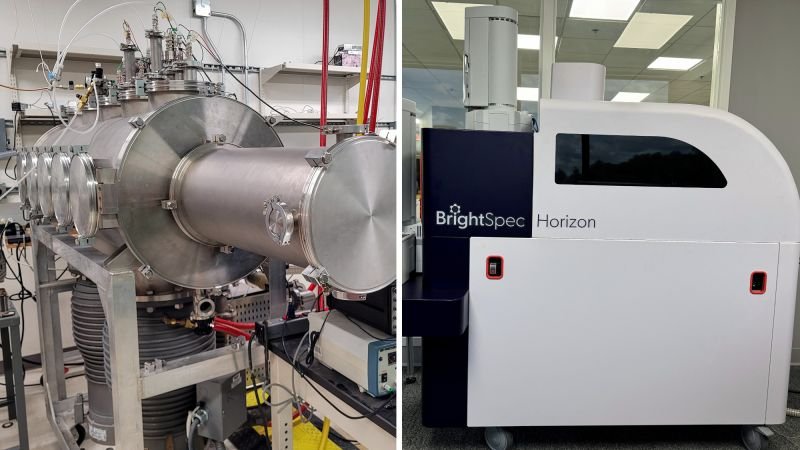The development of a cutting-edge technique to monitor and control chemical reactions in real time has the potential to transform pharmaceutical manufacturing and other industries. Molecular rotational resonance (MRR) spectroscopy provides high-speed analysis of chemical mixtures — its progression from fundamental science to a fully realized commercial technology has been supported by the U.S. National Science Foundation throughout its 20-year development.
“The 20-year journey has led to great collaborations with academic, startup company and industry scientists,” said Brooks Pate, a chemistry professor at the University of Virginia. “It has also provided the opportunity to explore new ideas as chemists reimagine pharmaceutical manufacturing. Along the way, programs across NSF have supported this career path where ideas from basic research are directly tested in the commercial space.”
Pate and colleagues initially developed chirped-pulse Fourier transform microwave spectroscopy and its early applications in physical chemistry with funding from the NSF Division of Chemistry (Chemical Measurement and Imaging and Major Research Instrumentation programs). The experimental instrument is still in use and has passed 10,000 hours of operation without any component failures. The design has been adopted by rotational spectroscopy laboratories worldwide.
In 2012, Pate participated in the NSF Innovation Corps program, an entrepreneurial training program helping transform research into real-world impacts, to explore the potential for commercial markets in analytical chemistry applications. Pate and three NSF-supported graduate students founded BrightSpec to commercialize MRR spectroscopy. Funding from the NSF America’s Seed Fund program enabled the company to explore applications in pharmaceutical chemistry. BrightSpec completed an $18 million private financing round in 2022 that supported the development of a new commercial platform for MRR spectroscopy.
BrightSpec also participates in the Advanced Pharmaceutical Manufacturing Tech Hub — one of the 23 inaugural regional hubs announced in 2023 by the U.S Economic Development Administration as part of the “CHIPS and Science Act of 2022.”










